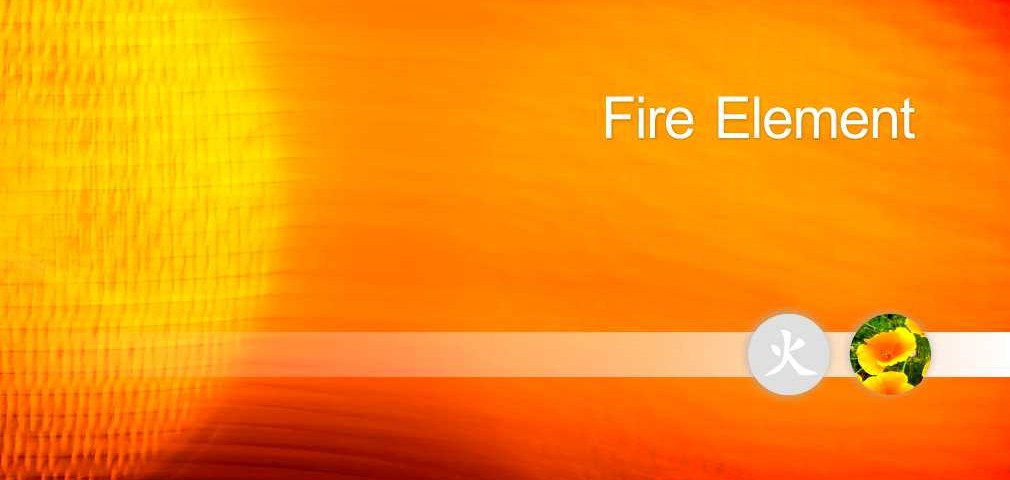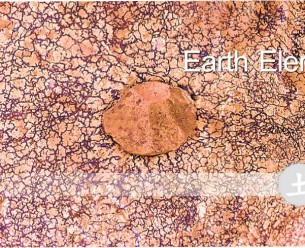Small Intestines – The Separator of the Pure from the Impure
The Small Intestine is a Yang Fire organ paired with the Heart. As with most of the Yang organs it is primarily involved in transporting and refining food and drink.
In this way, the role of the Small Intestine in Chinese Medicine is really very similar to that attributed to it in Western Medicine. However, in Chinese Medicine there is also an important additional aspect. The Small Intestine has a mental and emotional role. Just as the organ separated the food and drink we digest physically, so it separates the information we receive from the world into pure and impure – discerning what serves us and what does not. It is in this role that its link to the Heart makes sense. The Heart provided the purpose or the motive by which the Small Intestine draws its perimeters. A pure Heart can recognise its purpose clearly and with the help of the Small Intestine, can sift through alternative issues, ideas and options with clarity, allowing us to make the best possible decision in order to fulfil our goals. If this function of the Small Intestine is impaired, decision-making becomes cloudy and difficult as too much conflicting information is presented to the Heart.
This may seem similar to the Gall Bladders function of ‘ruling decision-making’ but actually the Gall Bladder is charged with action rather than rumination. It is the Gall Bladder that gives us the courage to take decisions, whilst the Small Intestine filters the information that is up for debate.
Function of the Small Intestine
- Receives digested food and drink from the Stomach. As stated the Small Intestine is the next port of call for partially digested food and drink that comes from the Stomach. This function is very similar to the organ’s role in Western medicine.
- Separates pure from impure. Again this role is similar. Whilst in the small intestine, food and drink is further processed and broken down. Anything of value that can be used by the body (the pure) is sent up to the Spleen to be transported on. The parts of food that are deemed to be impure and unusable are sent to the Large Intestine for further processing.
- Separates Body Fluids. This is essentially the same role in relation to fluids. The fluids that are received from the Stomach are separated – the pure are sent to the Large Intestine for re-absorption, whilst the impure are sent to the Bladder for excretion. If this role is not carried out effectively, too much fluid will enter the Large Intestine and there will be persistent loose stools.




